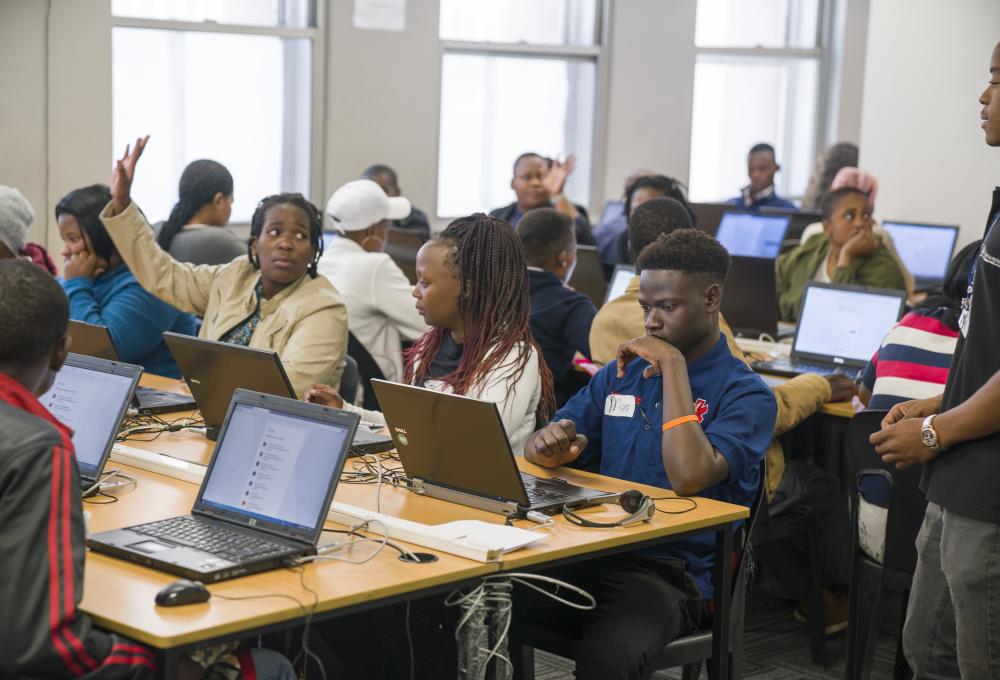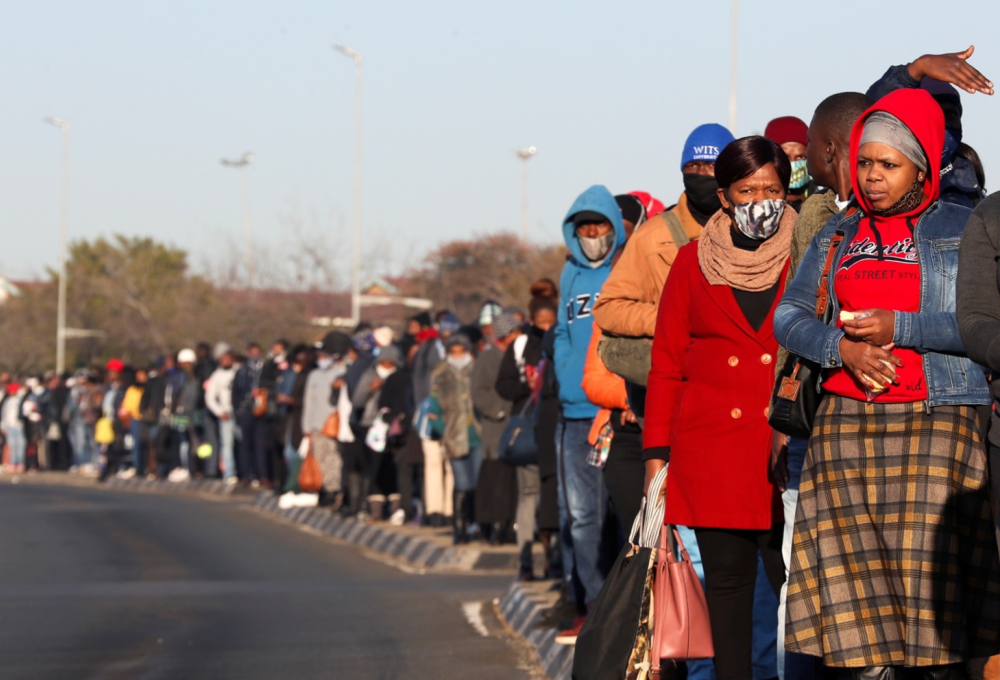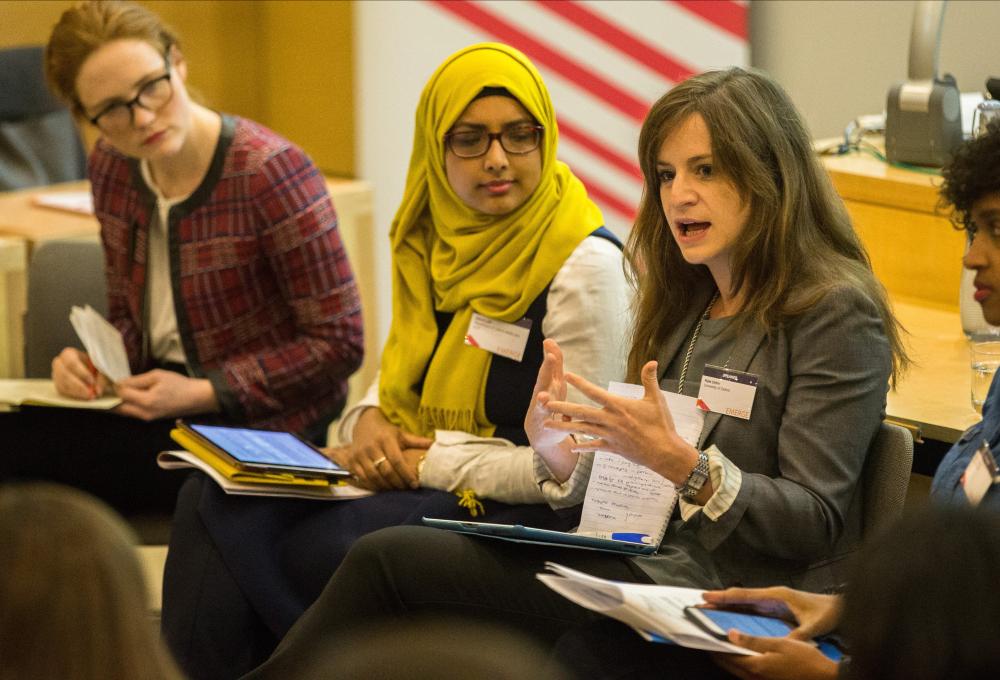Our research in the news
All news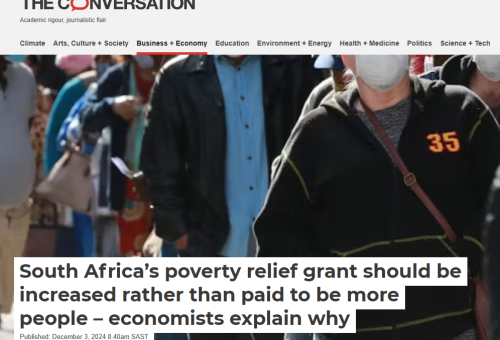
South Africa’s poverty relief grant should be increased rather than paid to be more people – economists explain why
Kate Orkin et al.
The Conversation Africa, 03 December 2024
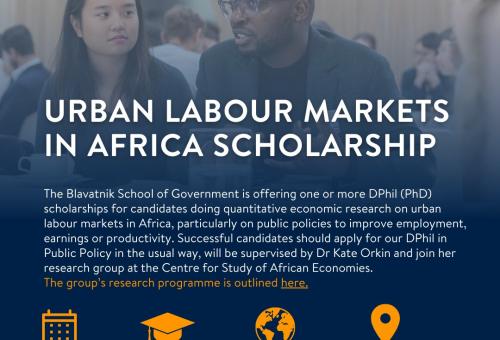
The Blavatnik School of Government has announced they are offering a new studentship for DPhil doing quantitative economic research on urban labour markets in Africa, supervised by the MBRG's Kate Orkin.
Apply by 09 January 2025
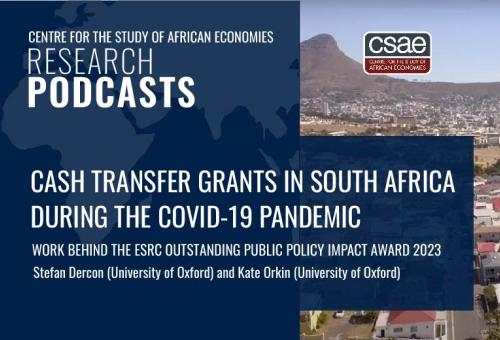
Lead of the MBRG Kate Orkin talks to CSAE Director Stefan Dercon about the work behind the ESRC Outstanding Public Policy Impact Award 2023 on with cash transfers grants in South Africa during the Covid-19 Pandemic in episode nine of the CSAE Research Podcasts series.
You can listen to the conversation via the University of Oxford Podcasts or Apple Podcasts, or watch the discussion on the CSAE YouTube channel.




